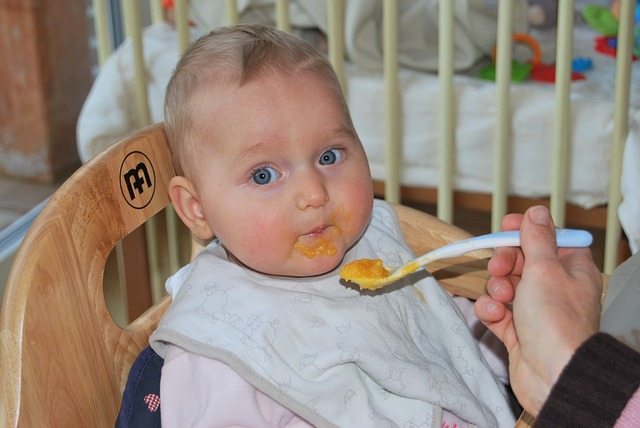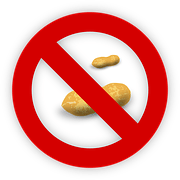New Global Guidelines on How to Best Prevent Food Allergies in Babies
1 in 3 people will develop an allergy in their life
1 in 20 people will develop a food allergy in their life
1 in 100 people will develop Anaphylaxis
According to Professor Katie Allen, of the Murdoch Children’s Research Institute “Unfortunately Australia does appear to be the food allergy capital of the world with Melbourne leading the way,” Professor Allen spoke at a immunology convention this week and has said because of Australia’s proximity to the equator we are at higher risk of developing allergies, and Melbournians are at an even higher risk because we have a much cooler environment and unfortunately a lack of Vitamin D can mean our children are at an increased risk of food allergies.
Professor Allen spoke of new global consensus guidelines for feeding infants to best prevent food allergies. “We should no longer delay the introduction of peanut, eggs and cow’s milk in the infant’s diet and that they should have these foods introduced in the first year of life soon after solids are commenced,” she said.
According to Australasian Society of Clinical Immunology and Allergy (ASCIA) the number of people who will develop an allergy their lifetime is rapidly increasing. An allergic reaction is caused by our immune system mistaking an allergen for a threat and fighting it off.
The most common allergens are;
- Plant pollen
- Animal Hair
- Insect Stings
- Specific drugs
- Specific foods – usually nuts, shellfish and fruits
Symptoms of an allergic reaction can happen instantly and if not treated can range from mild to life threatening. A person can have one or more of the following symptoms;
Mild to Moderate
- Hives or welts
- Tingling around the mouth
- Stomach Pain
- Vomiting
- Diarrhoea
- Facial Swelling
Severe Reaction – Anaphylaxis
- Difficulty breathing
- Noisy Breathing
- Swelling of the tongue
- Swelling or tightness of the throat
- Difficulty talking
- Hoarse voice
- Loss of consciousness
- Becomes floppy and pale
As always prevention is better than cure, some ways to prevent an allergic reaction or anaphylaxis include;
- Knowing and avoiding
- Alerting all care givers and teachers of the child’s allergy
- Not allowing food sharing or swapping
If your child is known to have an allergy or anaphylaxis it is best practice to alert anyone who may be looking after them of what the allergy is and how to prevent and manage if it does occur. All children who suffer Anaphylaxis will be given an Adrenaline Auto-Corrector (eg EpiPen) that should be with the child at all times. Auto-Corrector pens hold a single dose of Adrenaline and should be administered to the child immediately in the event of Anaphylaxis. Adrenaline rapidly reverses the effects of Anaphylaxis.
If you think your child may be suffer from an allergy your GP can refer you to an allergy clinic for allergy, patch or skin prick testing and advise the best plan for your child.
If you believe someone is having an allergic reaction you should call 000 immediately
More information can be found at St John’s Ambulance











